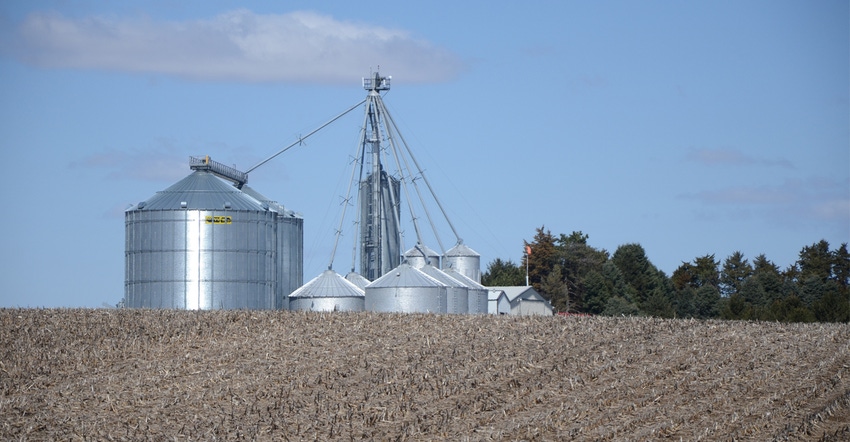
At some point in our lives, we've all heard the words, "That will never work for me," "That will never work here," or some other iteration of the phrase. Many of us also have heard that this phrase is one of the biggest hindrances to innovation, growth and, in some cases, adapting to new challenges.
It's true that what works for one person, or one farm or ranch, may not work for another. Maybe it's the independent spirit of the farmer that drives this statement — the notion that I'll do what works best for me, and I won't believe it until I see it.
Whatever the case may be, this phrase remains a staple of small-town coffee shop banter, even today. As producers continue to experiment and try their hand at different practices or even different production systems in these uncertain times, it may be more common today than 10 or 20 years ago.
It's easy for me, as an ag editor, to sit at my desk and write about a certain technology or practice that could potentially net a return on investment. I don't have to face the risk and expense involved in a failure, and I don't have to deal with the everyday logistical challenges that get in the way of putting a new tool into practice.
That's one of the perks of the University of Nebraska-Lincoln's Testing Ag Performance Solutions farm management competition at the West Central Research and Extension Center at North Platte — it gives people like me a chance to wear the shoes of farmers (at least on a small plot).
While the TAPS competition is an ongoing learning experience for me, it also demonstrates the value of trying things out on a small plot, where the risk is lower. If you have qualms about trying something new (i.e., a different approach to your fertility program), an agronomic train wreck and subsequent economic loss is much easier to bear on 5 acres than 500.
That's one of the beauties of benchmarking. I recently wrote a Resilient Ag Landscapes article about establishing a Soil Health Gap — a kind of benchmark for measuring different aspects of soil health, from soil organic matter to soil water infiltration, and so on.
The same could be said for nitrogen management or irrigation. It's true that what works on one farm won't always work on another, but benchmarking gives us a goal to strive for, whatever strategy we use to get there.
Sure, there's always risk involved when trying something new and stepping outside one's comfort zone. But getting stuck in an endless cycle of "tradition" can be more harmful in the long run.
With that said, it's always great to hear from producers who are open to trying something new, in spite of coffee shop naysayers. With tight margins, low commodity prices and disrupted markets, growers seem to be experimenting now more than ever.
And I'm hopeful that as Nebraska recovers from a year of uncertainty and market disruptions because of COVID-19 (after another year of battling Mother Nature), more producers will rise to the challenge and embrace new ideas.
Read more about:
Covid 19About the Author(s)
You May Also Like






